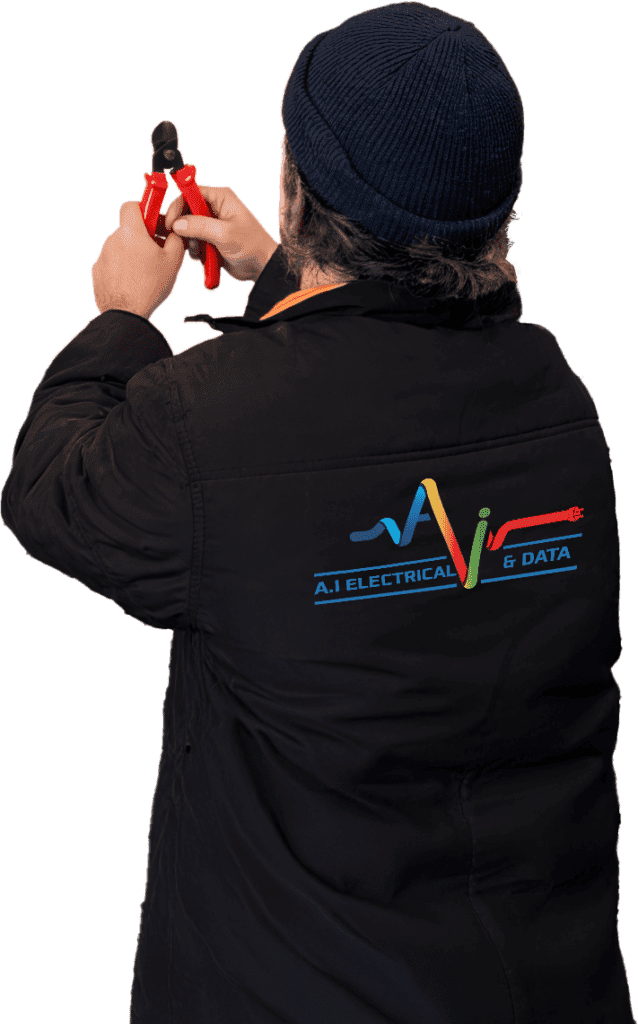Smoke Alarm Electricians Near You
Every year, smoke alarms save countless lives across Melbourne by providing early warning signals during fire emergencies. These critical safety devices serve as your first line of defence, giving precious minutes to evacuate and contact emergency services. Don’t put your families life in danger, and get a professional to install and maintain smoke alarms.
Understanding Different Types of Smoke Alarms
Smoke alarms come in three main varieties, each designed to detect specific types of fires and smoke patterns:
1. Optical (Photoelectric) Alarms
- Uses light beam technology to detect smoke particles
- Highly effective at detecting slow-burning, smoldering fires
- Ideal for bedrooms and living areas
2. Ionization Alarms
- Contains small amounts of radioactive material
- Excels at detecting fast-flaming fires
- Quick response to fires from flammable liquids
3. Combination Alarms
- Incorporates both optical and ionization technologies
- Provides comprehensive protection against all fire types
- Higher price point than single-sensor alarms
The placement of your smoke alarm affects its effectiveness. Optical alarms work best in areas where fires might smolder before breaking into flames. Ionization alarms suit spaces where rapid-burning fires are likely to occur. Australian Standard 3786 certified alarms guarantee reliable performance and compliance with local safety regulations.
Your choice should consider the specific room’s characteristics and potential fire hazards. A qualified electrician can assess your space and recommend the most suitable alarm type for each area of your home.
Legal Requirements for Smoke Alarms in Melbourne
Melbourne has specific rules about smoke alarms that both property owners and tenants must follow. Here’s a breakdown of the regulations:
Smoke Alarm Requirements for Properties Built After August 1, 1997
If your property was built after August 1, 1997, you need to have smoke alarms that are hard-wired (connected directly to the electrical system) and also have battery backup systems. This means that even if there’s a power outage, the smoke alarms will still work.
Smoke Alarm Requirements for Older Buildings
For properties built before August 1, 1997, you can use battery-powered smoke alarms. However, many property owners choose to install hard-wired systems instead because they provide better safety.
Responsibilities of Rental Providers
As a rental provider (landlord), you have certain responsibilities when it comes to smoke alarms. Here’s what you need to do:
- Install compliant smoke alarms in all bedrooms and hallways
- Ensure alarms meet Australian Standard 3786
- Replace smoke alarms before their expiry date
- Schedule professional maintenance checks
- Address reported issues within 24 hours
Obligations of Renters
As a renter (tenant), you also have responsibilities regarding smoke alarms. Here’s what you need to do:
- Report malfunctioning alarms immediately
- Test alarms monthly using the test button
- Replace batteries when needed
- Keep alarms free from obstruction
- Never disable or tamper with smoke alarms
What our professional team will do for you
1. System Design and Installation
- Creating custom wiring layouts based on building architecture
- Strategically positioning alarms for maximum coverage
- Installing interconnected systems for whole-house protection
- Integrating solar power systems into the smoke alarm setup, which is becoming increasingly popular due to its sustainability benefits
2. Professional Assessment
- Evaluating existing electrical infrastructure
- Identifying optimal placement points
- Recommending suitable alarm types for specific areas
3. Technical Implementation
- Hard-wiring smoke alarms into your electrical system
- Installing backup batteries
- Setting up wireless interconnection between units
- Programming smart features and monitoring systems
Signs Your Smoke Alarm Needs Attention:
- Yellow or orange light instead of regular red
- Weak or inconsistent sound during testing
- Delayed response to the test button
- Visible dirt or dust accumulation
- Physical damage to the unit
A functioning smoke alarm doubles your chances of surviving a house fire. Melbourne residents can track their maintenance schedule through smartphone apps or calendar reminders. Professional testing services use specialized equipment to verify sensor sensitivity and electrical connections, ensuring your system meets Australian safety standards.
Remember to document all maintenance activities, including dates of battery changes and professional inspections. This record helps track the age of your units and maintain compliance with local regulations.
Troubleshooting Common Issues with Smoke Alarms
Smoke alarms can display various warning signs when they need attention. Here’s what different beeping patterns indicate:
- Single chirp every 30-60 seconds: Signals a low battery that needs immediate replacement
- Rapid continuous beeping: Indicates smoke detection or the presence of fire
- Three rapid beeps followed by a pause: Points to the presence of carbon monoxide
- Random intermittent beeping: Often caused by:
- Dust accumulation on sensors
- Temperature fluctuations
- Humidity changes
- Electrical interference
Always Here, Always Ready
Your emergencies don’t wait for business hours – neither do we. Our 24/7 team answers your call within 3 rings, any time, any day.
Melbourne’s Rapid Response Experts
We guarantee a qualified electrician at your door within 60 minutes of your call in metropolitan Melbourne. Because when it’s an emergency, every minute counts.
Licensed Professionals You Can Trust
Every electrician carries full licensing and insurance, backed by rigorous safety training and years of hands-on emergency experience.





